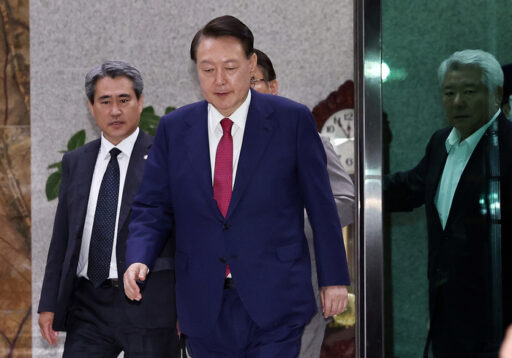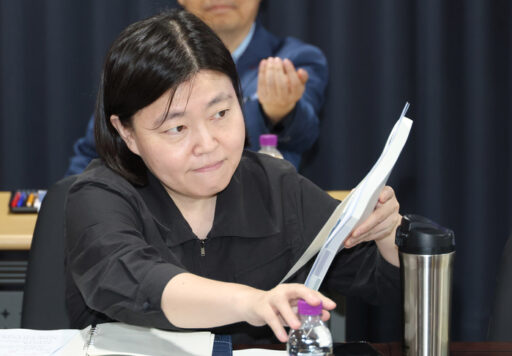Special Prosecutor Strongly Considering Arrest Warrant Request
Former President Yoon Suk-yeol, who was summoned for a second time, returned home after completing a 14-hour and 30-minute investigation related to the December 3 Emergency Martial Law and foreign exchange charges.
The Special Prosecutor's Office is strongly considering requesting an arrest warrant for former President Yoon, who has completely denied the allegations.
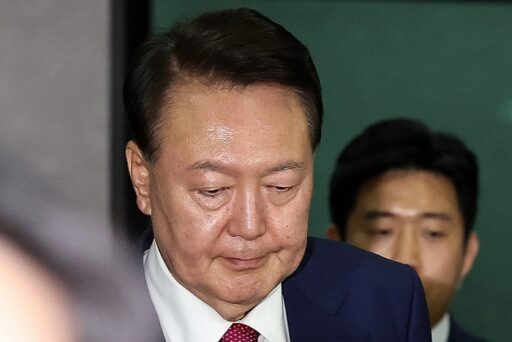
On the 5th, the special prosecutor's team announced via press release that "former President Yoon finished reviewing the statement at 11:30 PM on the 5th and then returned home."
Actual investigation time longer than first summons
Former President Yoon completed the suspect questioning at 6:34 PM that day and reviewed the morning and afternoon interrogation contents for about 5 hours. He opted not to take breaks, including dinner, and focused on reviewing the statement.
The investigation that day was conducted from 9 AM to 6:34 PM, lasting approximately 9 hours and 30 minutes.
In the first investigation conducted on the 28th of last month, he was interrogated from 10:14 AM until 12:58 AM the following day, accumulating about 14 hours and 45 minutes, but actual interrogation time was only 5 hours and 5 minutes due to his refusal to answer.
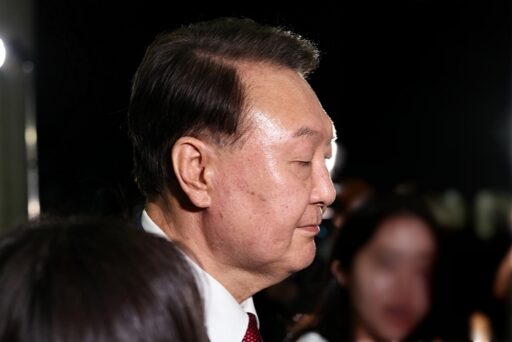
Special Prosecutor Focuses on Key Allegations… Possibility of Warrant Request Becoming Visible
After the first investigation, it has been reported that former President Yoon denied most of the allegations again in this second investigation. Accordingly, the Special Prosecutor's Office is actively considering the possibility of requesting an arrest warrant.
The allegations against former President Yoon include hindering the execution of arrest warrants by the police and the Anti-Corruption and Civil Rights Commission (obstruction of special public duty), ordering the deletion of call records related to emergency personnel (abuse of power under the National Security Act), abuse of power targeting government officials during the December 3 Emergency Martial Law, involvement in the preparation of a post-martial law declaration (forgery of official documents), and political manipulation involving foreign influence (general treason or foreign exchange offenses).
On that day, after concluding the investigation related to the hindrance of arrest warrant execution in the morning, the Special Prosecutor’s Office conducted significant portions of the inquiries in the afternoon concerning the order to delete covert phone records, abuse of power, and foreign exchange allegations. They are particularly focusing on whether the allegations regarding approval to dispose of the post-martial law declaration, instruction to delete covert phone records, and hindrance of arrest warrants meet the requirements for arrest.
Possibility of Arrest Warrant Issuance… Court's Judgment on Concerns of Evidence Tampering and Flight
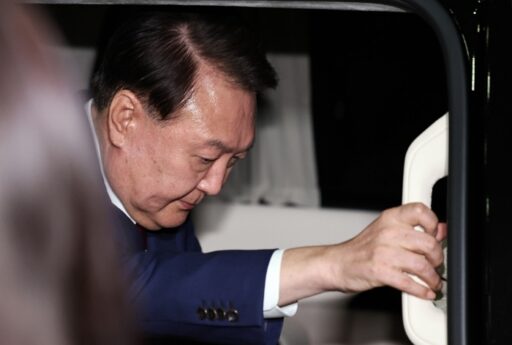
According to Article 70 of the Criminal Procedure Act, the issuance of an arrest warrant is permitted when there are concerns about evidence tampering and flight.
Previously, in January, the Seoul Western District Court issued an arrest warrant for former President Yoon, citing "concerns about evidence tampering," but he was released following the March decision by Judge Ji Gwi-yeon of the Seoul Central District Court to nullify the warrant. At that time, former Prosecutor General Shim Woo-jung directed his release without filing an immediate appeal or general appeal.
The Special Prosecutor's Office plans to conduct final reviews on the timing of a third summoning of former President Yoon and the timing for requesting an arrest warrant.
Image source: Former President Yoon Suk-yeol / News1, News1
